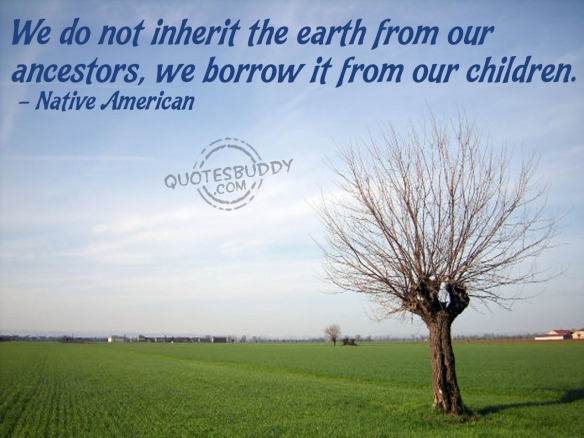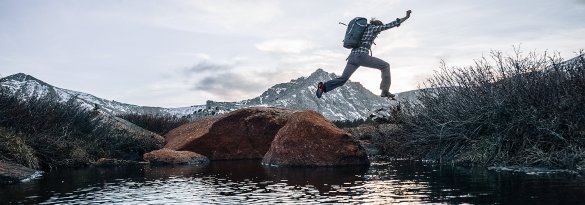From all what we own, how much is really necessary to live? Do we really need about 10 pairs of shoes or a huge closet filled with clothes? The more we buy, the more harm we are doing to our own future. It’s just that when we buy most of the goods, we think only about the momentary happiness and not about our happiness or safety in the long run. Another reason for this sky-rocketing consumerism, maybe the fact that people are not actually educated enough about this field. Most of the people are not aware of the damage the goods they buy have on the planet or they are aware of it but only think about the satisfaction they get in that moment. Commercialization and consumerism have the power to brainwash us and embed the want for higher salaries and more goods. Does buying stuff really make us happy? We soon get fed up of what we bought and we tend to buy something even better in a few weeks’ time. Research have proven that more the people aspire materialistic goals, lower their happiness. This actually has led to depression, anxiety and abuse. Consumerism also affects our social relationships. Nowadays most of the kids are possessed by a TV, Gameboy or a play station when they could actually be making real-life connections with friends and appreciating the environment. Scientists have proven that materialism and pro-social is like a see-saw. As materialistic value goes up, the pro-social value goes down. Research also have shown that we tend to buy more when we are feeling insecure. This feeling of insecurity can be easily got rid of, if we talk with our family or take a walk. One of the best ways to reduce consumerism is to show the intrinsic value of nature, to grow your own fruits and vegetable etc. And also to see the true beauty of nature and realize the way in which our actions can contribute to its destruction. This way will promote personal, social and ecological well-being. Then as intrinsic values go up, the materialistic value will go down. I feel that we should prioritize the things we really need in life and not the stuff we want in life. This differentiation between the things we need and the things we want has the potential to reduce the damage to our Earth. So the next time you feel like changing your phone or your laptop or buy a pair of new shoes, ask yourself whether you really need it.
A. M Ovini H Amarasinghe
Source:
The above video






